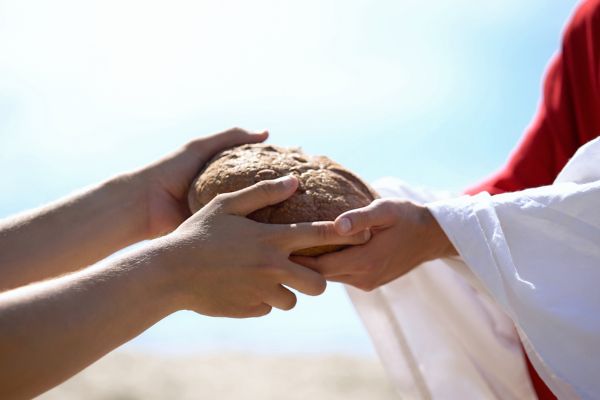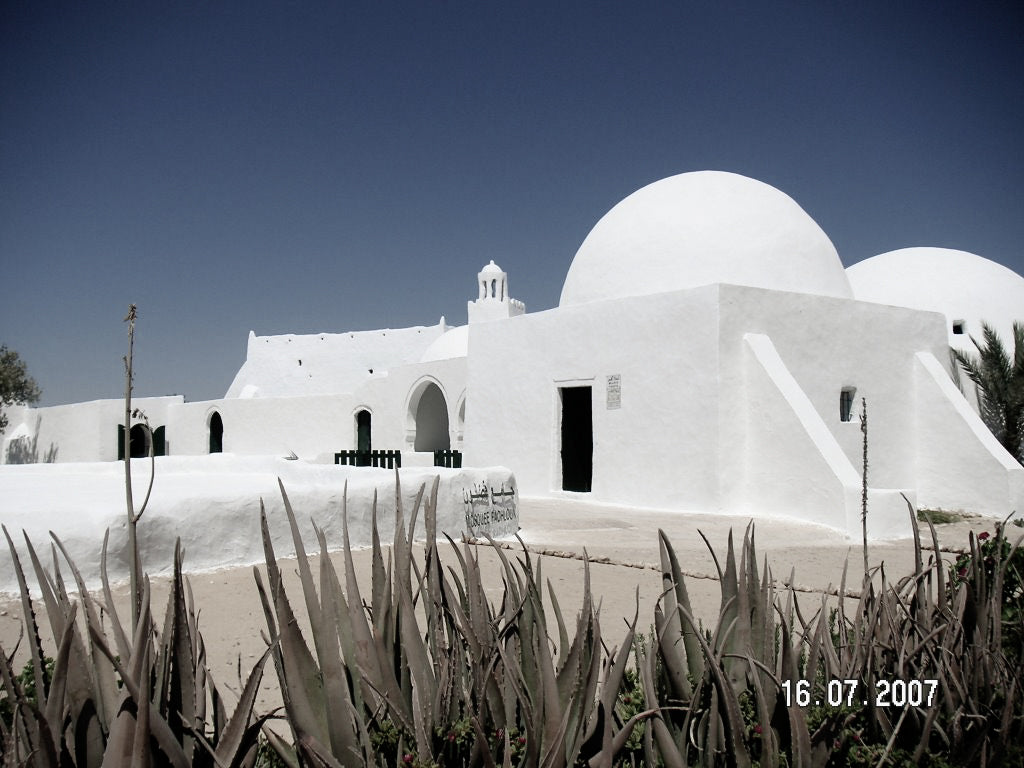As the first month of the Islamic calendar, Muharram holds great significance for Muslims worldwide. Among its ten days, the tenth day, known as Ashura, is particularly noteworthy. It is a day filled with historical, cultural, and spiritual significance. Here, we will explore the importance of the Day of Ashura and how it is observed by Muslims around the world.
Historical Significance
The Day of Ashura bears historical significance across multiple events in Islamic history. Two of the most pivotal occurrences are highlighted on this day:
-
The Day of Atonement for Prophet Moses (Musa): According to Islamic tradition, Prophet Moses and the Israelites were saved from the tyranny of Pharaoh on the 10th of Muharram when they crossed the Red Sea. Prophet Moses fasted on this day to express gratitude for their liberation and advised the Muslims to also observe fasting as a way to honor this historical event.
-
Martyrdom of Imam Hussein: Another critical aspect of Ashura is the martyrdom of Imam Hussein ibn Ali, the grandson of Prophet Muhammad (peace be upon him). On the 10th of Muharram in the year 680 AD, Imam Hussein, along with his family and companions, valiantly stood against the oppressive forces of Yazid ibn Muawiya in the Battle of Karbala. Despite their courage, they were tragically killed, and their sacrifice symbolizes the struggle for justice, righteousness, and resistance against oppression. Shia Muslims commemorate this event with sorrow and reflection, emphasizing the importance of standing up for truth and justice, even in the face of adversity.

Fasting on Ashura
Fasting on the Day of Ashura is a common practice among Sunni Muslims. It is considered a recommended (Sunnah) fast, although not obligatory. Many Muslims observe this fast to seek forgiveness for their sins and to emulate the fasting of Prophet Moses.
“When the Prophet (peace be upon him) arrived in Madinah, the Jews were observing the fast on Ashura, and they said, ‘This is the day when Moses became victorious over Pharaoh.’ On that, the Prophet (peace be upon him) said to his companions, ‘You (Muslims) have more right to celebrate Moses' victory than they have, so observe the fast on this day.’” [Sahih Al-Bukhari #4680]

Ashura Pudding
Ashura pudding, also known as "Ashure" or "Noah's Pudding," is a delightful and ancient dessert with deep cultural significance. This traditional Turkish dessert is typically prepared and enjoyed during the month of Muharram, particularly on the Day of Ashura. It holds a special place in Islamic tradition as it is believed that Prophet Noah (Nuh) prepared this pudding from the remnants of food left on the Ark after the great flood. Ashura pudding is a rich and hearty treat made by combining various ingredients such as wheat, barley, rice, lentils, chickpeas, dried fruits, and nuts. The mixture is sweetened with sugar, flavored with fragrant spices like cinnamon and cloves, and often garnished with pomegranate seeds or coconut flakes. The communal aspect of preparing and sharing Ashura pudding adds to its significance, fostering a sense of unity and compassion amongst Muslims during this special occasion.

Charity and Acts of Kindness
Apart from fasting, another significant aspect of Ashura is engaging in acts of charity and kindness. Muslims are encouraged to perform good deeds, help the less fortunate, and increase their acts of compassion.
Abdullah ibn Amr ibn al-As (may Allah be pleased with him) convey that the Prophet (peace be upon him) said, “Whoever fasts on the 10th of Muharram (Ashura), it is as though he has fasted the entire year. And whoever gives charity on this day, it is like the charity of an entire year.” (Recorded by Imam Ibn Rajab al-Hanbali in his Lata’if al-Ma’arif)
This practice resonates with the spirit of solidarity and empathy, emphasizing the importance of supporting one another and being mindful of the needs of those around us.

The Day of Ashura holds immense significance for Muslims, serving as a reminder of historical events that emphasize themes of resilience, justice, and compassion. By fasting, engaging in acts of charity & kindness, and reflecting upon the martyrdom of Imam Hussein, Muslims commemorate the timeless lessons of sacrifice and unwavering commitment to truth and righteousness. As we observe Ashura, let us use this day to foster unity, understanding, and empathy.


